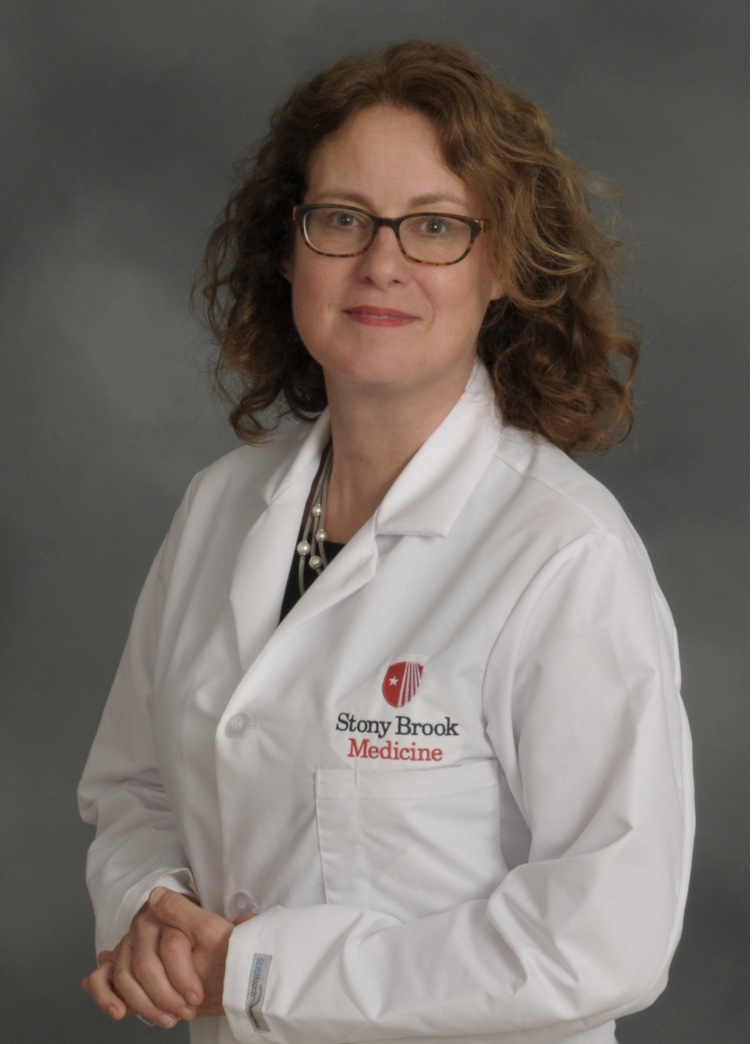| Publications |
Selected Publications:
- N. Jain, R. J.B. Cordero, A. Casadevall and B. C. Fries. Allergen1 Regulates Polysaccharide Structure in Cryptococcus neoformans. Mol Microbiol. 2013 Apr 9. doi: 10.1111/mmi.12216. [Epub ahead of print] PMID: 23565821
- T. Bouklas, X. Pechuan, D. L. Goldman, B. Edelman, A. Bergman, and B. C. Fries. Old Cryptococcus neoformans Cells Contribute to Virulence in Chronic Cryptococcosis Mbio 2013 Aug 13;4(4) Aug 13;4(4). pii: e00455-13. PMID: 23943761
- N. Jain, Bouklas T, Gupta A, Varshney AK, Orner EP, Fries BC. ALL2, a Homologue of ALL1, Has a Distinct Role in Regulating pH Homeostasis in the Pathogen Cryptococcus neoformans. Infect Immun. 2015 Nov 23;84(2):439-51 PMID: 26597983 :713-27
- T. Bouklas, Alonso-Crisóstomo L, Székely T Jr, Diago-Navarro E, Orner EP, Smith K, Munshi MA, Del Poeta M, Balázsi G, Fries BC. "Generational Distribution of a Candida glabrata Population: Resilient Old Cells Prevail, while Younger Cells Dominate in the Vulnerable Host" accepted in PLOS pathogen 2017 May 10;13(5):e1006355. doi: 10.1371 PMID: 28489916
- S. Bhattacharya S, Fries BC. Enhanced Efflux Pump Activity in Old Candida glabrata. Antimicrob Agents Chemother. 2018 Jan 8. pii: AAC.02227-17. doi: 10.1128/AAC.02227-17. [Epub ahead of print] PMID: 29311061
- Diago-Navarro E, Motley MP, Ruiz-Perez G, Yu W, Austin J, Seco BMS, Xiao G, Chikhalya A, Seeberger PH, Fries BC. Novel, broadly reactive Anti-capsular Antibodies against Carbapenem -resistant Klebsiella Pneumoniae protect from Infection, MBio. 2018 Apr 3;9(2).
- Bhattacharya S, Holowka T, Orner EP, Fries BC. Gene Duplication Associated with Increased Fluconazole Tolerance in Candida auris cells of Advanced Generational Age. Sci Rep. 2019 Mar 25;9(1):5052
- E. Diago-Navarro E1, Calatayud-Baselga I, Sun D3, Khairallah C, Mann I, Ulacia-Hernando A, Sheridan B, Shi M, Fries BC. Antibody based immunotherapy to treat and prevent infection with hypervirulent Klebsiella pneumoniae. Clin Vaccine Immunol. 2016 Oct 26. Epup ahead of print PMID: 27795303
- T. Bouklas, Jain N, Fries BC. Modulation of Replicative Lifespan in Cryptococcus neoformans: Implications for Virulence. Front Microbiol. 2017 Jan 30;8:98. PMID: 28194146
- T. Bouklas, Alonso-Crisóstomo L, Székely T Jr, Diago-Navarro E, Orner EP, Smith K, Munshi MA, Del Poeta M, Balázsi G, Fries BC. "Generational Distribution of a Candida glabrata Population: Resilient Old Cells Prevail, while Younger Cells Dominate in the Vulnerable Host" accepted in PLOS pathogen 2017 May 10;13(5):e1006355. doi: 10.1371 PMID: 28489916
- Diago-Navarro E, Motley MP, Ruiz-Perez G, Yu W, Austin J, Seco BMS, Xiao G, Chikhalya A, Seeberger PH, Fries BC. Novel, broadly reactive Anti-capsular Antibodies against Carbapenem -resistant Klebsiella Pneumoniae protect from Infection, MBio. 2018 Apr 3;9(2). pii: e00091-18. doi: 10.1128/mBio.00091-18. Erratum in: MBio. 2018 Jun 12;9(3): PMID: 29615497
- Bouklas T, Masone L, Fries BC. Differences in Sirtuin Regulation in Response to Calorie Restriction in Cryptococcus neoformans. J Fungi (Basel). 2018 Feb 18;4(1). pii: E26. doi: 10.3390/jof4010026. PMID:29463010
- Orner EP, Zhang P, Jo M, Bhattacharya S , Qin L. , Fries, B C. High-Throughput Yeast Aging Analysis for Cryptococcus (HYAAC) microfluidic device streamlines aging studies in Cryptococcus neoformans accepted Commun Biol. 2019 Jul 10;2:256. doi: 10.1038/s42003-019-0504-5. eCollection 2019.PMID: 31312725
- Orner EP, Bhattacharya S, Kalenja K, Hayden D, Del Poeta M, Fries BC. Cell Wall-Associated Virulence Factors Contribute to Increased Resilience of Old Cryptococcus neoformans Cells. Front Microbiol. 2019 Nov 7;10:2513. doi: 10.3389/fmicb.2019.02513. eCollection 2019.PMID: 31787940
- Motley MP, Diago-Navarro E, Banerjee K, Inzerillo S, Fries BC. The Role of IgG Subclass in Antibody-Mediated Protection against Carbapenem-Resistant Klebsiella pneumoniae. mBio. 2020 Sep 8;11(5):e02059-20. doi: 10.1128/mBio.02059-20.PMID: 32900809
|
